Best Milk for Protein Shakes
Author:
Unlock your full potential by engaging with our experts and community! Have questions about your fitness journey or looking for expert advice on weightlifting techniques? Don’t hesitate — leave a comment below and David Sasha Schulz will provide a personalized answer and insights to help you reach your goals.
Torokhtiy is reader-supported. Some links are affiliate links, and we may earn a commission at no extra cost to you. See our disclosure page for details.
A Roman poet, Lucretius, once said, “one man’s meat is another man’s poison”. This quote translates perfectly in this context to mean “best” is relative. The best milk to mix with protein powder for me isn’t automatically the best for you because we may have different nutritional needs and goals. Continue reading this article to find the best drink for you to use in your protein shakes.
It should go without saying, if you do not want any additional calories, flavor, or significant cost then water is the right choice for you. If you want to add more nutritional value, and enhance the flavor, continue reading.
What is the best milk for protein shakes? Water, low fat milk, dairy or non-dairy? Read along as we talk about how you can optimize your protein shakes.
The best milk for protein shakes should be generally health promoting, and nutritionally balanced. That is, low in saturated fat, rich in vitamins and minerals, but with minimal added sugar. Moreover, the best milk/milk alternative for protein shakes can enrich your drink in taste and consistency.
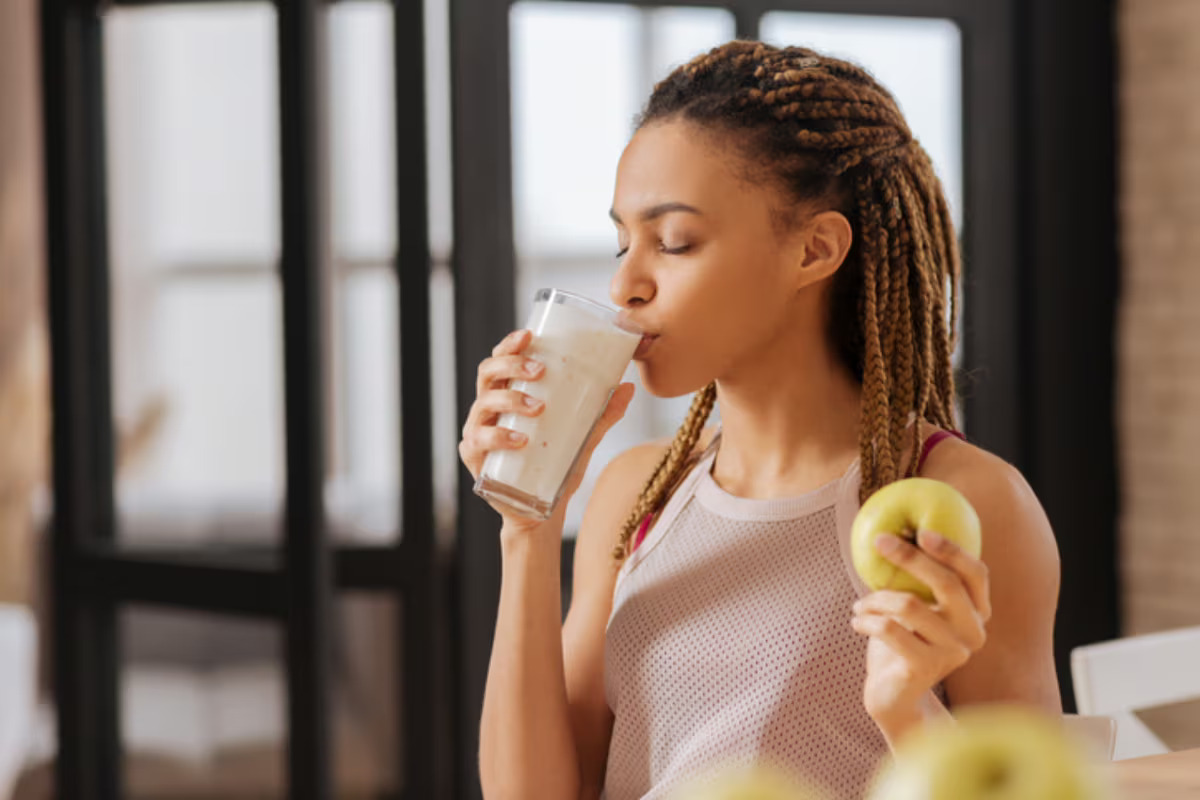
How to Choose the Best Milk for Protein Shakes?
As mentioned, what’s best for one isn’t necessarily best for another. So let’s dig into what you should consider the healthiest milk for protein shakes before choosing your option.
1. Nutritional Value
As you keep reading, you’ll discover that the best milk alternative for protein shakes can have different nutritional value. For example, whole milk is high in saturated fat, moderate/high protein content, high calorie count, and numerous vitamins. On the other hand, almond milk has low fat, low calories, only monounsaturated fat, and is typically fortified with vitamins and minerals.
At first glance, almond milk may seem to be the healthier choice nutritionally, but if you are training intensely and trying to increase your muscle mass, the right choice may be whole milk. If the milk substitute you have access to is not fortified with things like calcium, then you may not get enough calcium in your diet without dairy. Your nutritional needs and preferences will determine your milk choice.
2. Calories
The calories will also differ depending on the fats, carbs, and protein present in each milk. If you’re looking for low calorie options, hemp, pea, or almond milk are the best options. If you are trying to increase or keep your calorie intake high, flavored milk alternatives, oat milk, or higher fat dairy milk can be good options.
3. Added Sugar
Many non-dairy alternatives add sugar and natural or artificial flavors to improve the taste. While this may be acceptable in some cases, just be aware that added sugars are adding additional ‘empty’ calories, meaning they do not have nutritional value. So maybe choose an unsweetened version to ensure you get all the benefits without the added calories. Or you can add fruit to your shake/smoothie to get more sugar and calories while also getting more vitamins, minerals and other nutrients.

4. Allergies and Lactose Intolerance
Over the years, more milk substitutes have been introduced for those with lactose intolerance or on vegetarian/vegan diets. If you experience issues with dairy products like gas, bloating, or cramps, consider trying a plant-based milk alternative like soy, which still has high quality protein like dairy. Soy and nuts are common allergens though, so hemp or oat milk may be the next best choice if you have other allergies or sensitivities.
5. Flavor
Most people would probably agree that using milk or milk alternatives will improve the flavor of your protein shake compared to using water. However, everyone has different taste preferences, and each milk has its own flavor profile. Dairy milk is creamy but does not have a strong flavor. Almond milk is less creamy and has a subtle but nutty flavor. Oat milk is possibly the creamiest of the plant based alternatives and is naturally slightly sweet, but pea and hemp milk have a dull, almost bitter taste.
6. Texture
Milk is thicker and creamier than water, but some plant based milks, like hemp and almond, are thinner than dairy milk. Nonetheless, you can get a creamy plant-based milk like soy milk, which can be as thick as its dairy counterparts.
7. Cost
Depending on what country you live in, the prices of different milks can be vastly different. For us Canadians, dairy can actually be quite expensive. If you are already using protein powder the higher protein content of dairy milk may not be worth the extra cost.
Best Milk/Milk Alternatives for Protein Shakes
To help you decide on what milk is best for protein shakes, here are the nutrition facts for nine kinds of milk. These values may be different in your area, or between different brands. Check the nutrition label, and use the information provided here to make an informed choice.
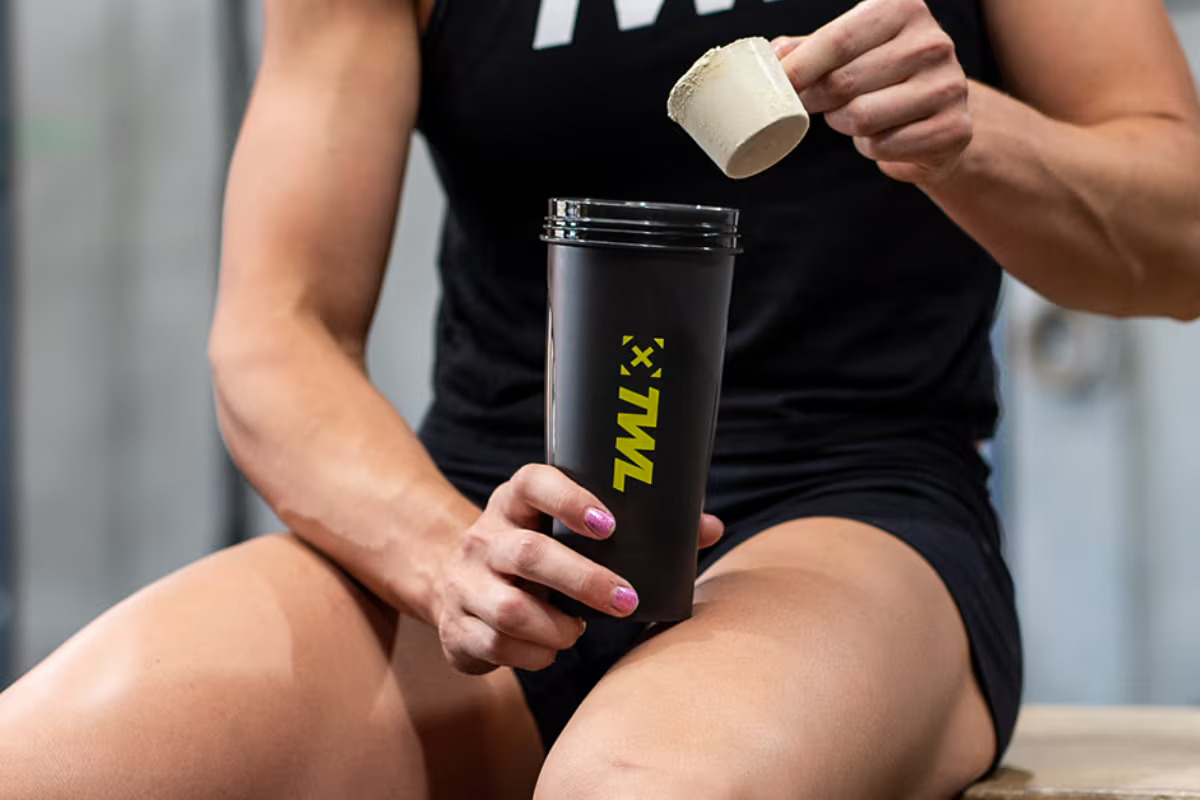
1. Skim Milk
Skim/Skimmed milk is fat-free cow milk (≤0.2% fat). One cup (8 ounces/240ml) of non-fat dairy milk contains:
- Calories: 83
- Protein: 8 grams
- Carbs: 12 grams
- Fat: 0 grams
Skim milk contains vitamins and minerals like vitamins A and D, phosphorus, magnesium, potassium, and sodium.
If you’re looking for a high-quality Skim Milk, we recommend Schreiber. On top of the macros outlined above, you’ll also be getting a good amount of Calcium, Vitamin A, Vitamin D, and Potassium in each serving.
2. Reduced-Fat Milk
With only 2% fat, the reduced-fat cow’s milk strikes a balance between whole milk and skim milk. A cup of reduced-fat milk contains:
- Calories: 122
- Protein: 8 grams
- Carbs: 12 grams
- Fats: 5 grams
Like skim milk, this type also contains the same vitamins and minerals as whole milk with less fat and calories. Parmalat is a grade A milk with calcium, vitamin A, and vitamin D3.
3. Whole Milk
Whole milk is nutritional equal to the two above, but has higher fat content, and therefore is also higher in calories. A cup of whole milk contains:
- Calories: 149
- Protein: 8 grams
- Carbs: 12 grams
- Fat: 8 grams
For a high-quality whole milk, consider trying Parmalat, which is rich in Vitamin D, Calcium and Vitamin B2.
4. Almond Milk
Almond milk is a vegan-friendly, non-dairy beverage made from almonds. It has no cholesterol or lactose and is very low in fat and calories. It is rich in vitamin E and may be fortified with other vitamins and minerals.
A cup of unsweetened almond milk contains:
- Calories: 30
- Protein: 1 gram
- Carbs: 1 gram
- Fat: 2.5 grams
Silk Almond Milk is a good choice as it’s packed with numerous vitamins and minerals, gluten-free, has no added sugars, or saturated fat.
5. Soy Milk
Soy milk is the by-product of soaking, grinding, boiling, and filtering soybeans. This legume-based milk is low in saturated fats, cholesterol free, and high in protein. One cup of unsweetened soy milk contains:
- Calories: 70
- Protein: 7 grams
- Carbs: 3 grams
- Fat: 3.5 grams
If you want to add protein to your shake without adding dairy, soy milk is the best milk for making protein shakes. A great choice is 365 Unsweetened Original Soy Milk enriched with calcium, vitamin A, D, B2, and B12.
6. Pea Milk
Pea milk is an extract of yellow peas combined with sunflower oil, water, fortified with micronutrients like iron, calcium, and potassium. A one-cup of pea milk contains:
- Calories: 69
- Protein: 4 grams
- Carbs: 0 grams
- Fat: 4.7 grams
In terms of plant-based milk alternative, its protein content is fairly high; hence an excellent pick for making protein shakes. Try out the Sproud unsweetened pea milk; it’s non-GMO, allergen free, rich in protein, low in carbs, and has essential amino acids.
7. Hemp Milk
This hemp seed-based milk is rich in omega-3 and omega-6 polyunsaturated fats. It’s nutty, creamy, and doesn’t have allergens. A cup of unsweetened hemp milk contains:
- Calories: 60
- Protein: 3 grams
- Carbs:0 grams
- Fat: 5 grams
The Pacific foods keto-friendly hemp milk is a good pick with calcium, vitamin d and no added sugars.
8. Oat Milk
Oat milk comes from a mix of oats, water, and other ingredients like thickeners. It has a sweet taste from the oat grain and is creamy in texture. It’s free from lactose, soy, and nuts and has naturally occurring fiber, unlike other plant-based milks.
One cup of oat milk contains:
- Calories: 120
- Protein: 3 grams
- Carbs: 16 grams
- Fat: 5 grams
- Dietary Fiber: 2 grams
For milk packed with phytonutrients, try the Califia Farms oat milk blend, as it’s creamy, sweet, and froths beautifully when steamed for a caffe latte.
9. Goat Milk
Lastly, goat milk is among the most nutritious, even more than cow’s milk. It’s hypoallergenic, easy-to-digest and has a mild creamy flavor. A cup of goat milk contains:
- Calories: 168
- Protein: 9 grams
- Carbs: 11 grams
- Fats: 10 grams
Meyenberg Evaporated Goat Milk is a convenient, easy-to-digest, and creamy product. It provides seven grams of protein per scoop, alongside vitamin D3, folic acid, and more potassium and magnesium than cow’s milk.
Products We Recommend
Orgain Organic Protein Almond Milk compared to other almond milks serves up a hefty 10 grams of protein per cup, which is 10x the ordinary quantity. In that serving, you also get:
- Three grams of fat
- 20% of your daily vitamin D and calcium
- 11 grams of carbs
- Three grams of added sugar (vanilla flavor)
- Iron
- Phosphorus
- Potassium
- Sodium
The almond milk is cholesterol-free, gluten-free, non-GMO, allergen-free, and vegan-friendly.
In the flavor, chocolate caramel, Orgain Organic Protein Powder has 21 grams of vegan protein, 320 grams of sodium, vitamin D, calcium, iron, and potassium per serving.
- Diet Type: Build muscle
- Suitable for Vegans: yes
- Protein Source: pea protein, rice protein, and chia seeds
- Serving size: 10, 46 grams
- Price per serving: $1.7
- Protein-by-Weight Ratio (%): 46%
- Protein: 21 grams
- Carbohydrates: 16 grams
- Fat: 5 gram
- Added Sugar: 0 gram
- Calories per serving: 190
- Company Founded: 2009
What is the Best Milk for Protein Shakes for Weight Loss?
Almond milk. It’s low in fat, calories, and carbs, making it the best option for cutting. Of course, if you want no extra calories in addition to your protein powder, water is the way to go.
What is the Best Milk for Protein Shakes for Weight Gain?
A protein shake with whole milk is the best for weight gain because besides the nutrients present in the shake, whole milk adds calories, and protein essential for massing. If you can not consume dairy products, choose the plant based alternative with the highest calorie content.
FAQ
Is Almond Milk Better for Protein Shakes?
Yes, almond milk has many nutritional benefits, and its thin texture allows for easy blending.
Is Oat or Almond Milk Better for Protein?
Both plant-based milks have similar nutritional values. However, oat milk typically has more protein.
What is the Highest Protein Alternative Milk?
Soy milk takes the lead with eight grams of protein per cup, followed by pea, oat, hemp, then almond milk.
Conclusion
As you’ve read, the best milk for protein shakes isn’t necessarily the one with the lowest fat or the highest protein content. The right choice boils down to your needs and goals like losing weight, gaining weight, adding flavor, boosting your nutrition, or just a smooth consistency.
What do you use to make protein shakes? Let us know in the comments section.
Also read:
- How Long Do Protein Shakes Last
- Protein Powder vs Protein Shake
- Pea Protein vs Hemp Protein
- What to Mix Protein Powder With
- Can You Drink Protein Shakes Without Working Out
- Pea Protein vs Whey
References:
- Consumption of Milk Protein or Whey Protein Results in a Similar Increase in Muscle Protein Synthesis in Middle Aged Men // National Library of Medicine: https://pubmed.ncbi.nlm.nih.gov/26506377/
- Milk // The President and Fellows of Harvard College: https://www.hsph.harvard.edu/nutritionsource/milk/
- Can you make a protein shake with water? // We Are Eaton: https://www.weareeaton.com/can-you-make-a-protein-shake-with-hot-water/
- IS IT BETTER TO DRINK PROTEIN SHAKE WITH WATER OR MILK? // GymBeam: https://gymbeam.com/blog/is-it-better-to-drink-protein-shake-with-water-or-milk/
- 11 of the Most Common Protein Shake Mistakes // Men’s Health: https://www.menshealth.com/uk/nutrition/a755033/the-8-most-common-protein-shake-mistakes/
- Do Protein Shakes Work? Muscle Gain and Weight Loss // Healthline: https://www.healthline.com/nutrition/do-protein-shakes-work
- Whey Protein Shakes May Help Build Muscle Mass in Seniors // Healthline: https://www.healthline.com/health-news/whey-protein-shakes-may-help-build-muscle-mass-in-seniors
Why Trust Us?
With over 20 years in Olympic weightlifting, strength training, nutrition coaching, and general fitness our team does its best to provide the audience with ultimate support and meet the needs and requirements of advanced athletes and professional lifters, as well as people who strive to open new opportunities and develop their physical capabilities with us.
By trusting the recommendations of our certified experts in coaching, nutrition, and sports training programming, as well as scientific consultants, and physiotherapists, we provide you with thorough, well-considered, and scientifically proven content. All the information given in the articles concerning workout programming, separate exercises, and athletic performance, in general, is based on verified data.
The product testing process is described in more detail here.
Author: David Sasha Schulz
Doctor of Chiropractic, BSc Human Biology, CSCS
Strength coach (CSCS) – 10 years
Sasha is a Chiropractor and Kinesiologist practicing in Kelowna, BC, Canada. He has been practicing Chiropractic since 2019, integrating manual therapy, strength training and programming principles, and nutritional strategies to get his patients optimal results. He currently scratches the competitive itch in fitness, and the occasional endurance race, and plays golf and snowboards for fun. He has an interest in all strength and fitness-related sports.



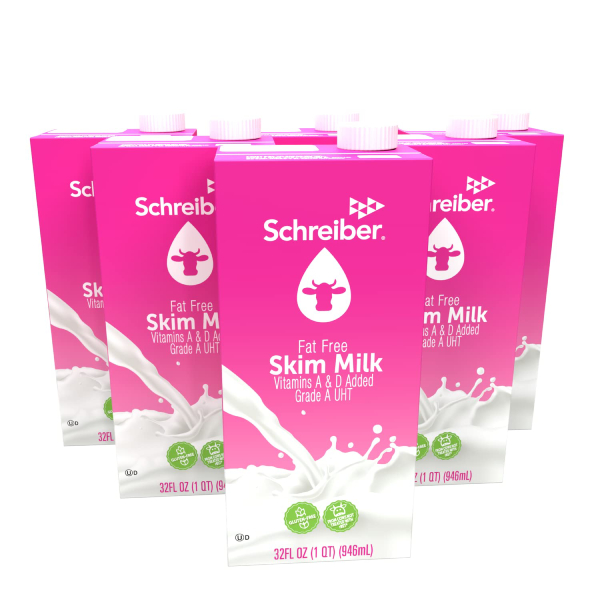
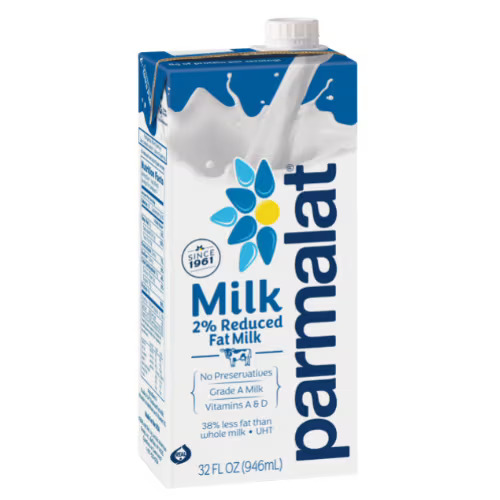
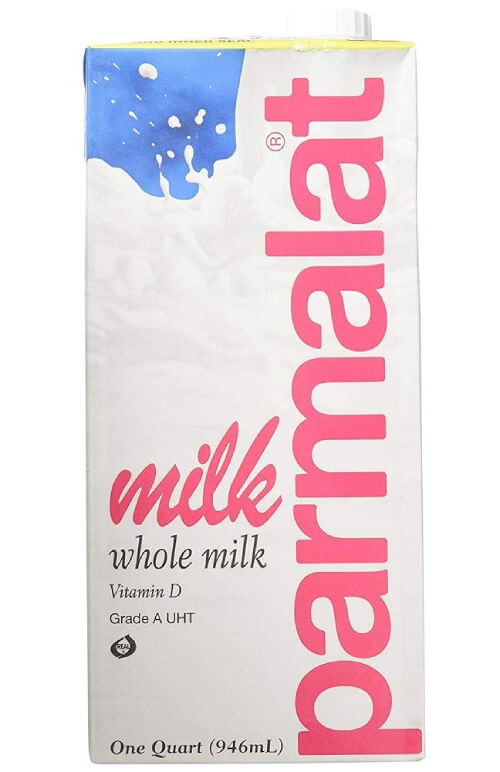
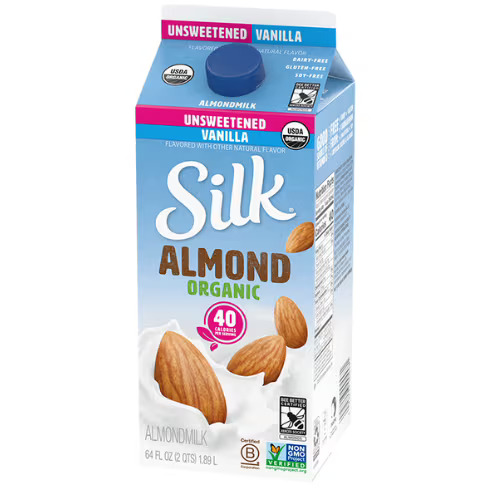
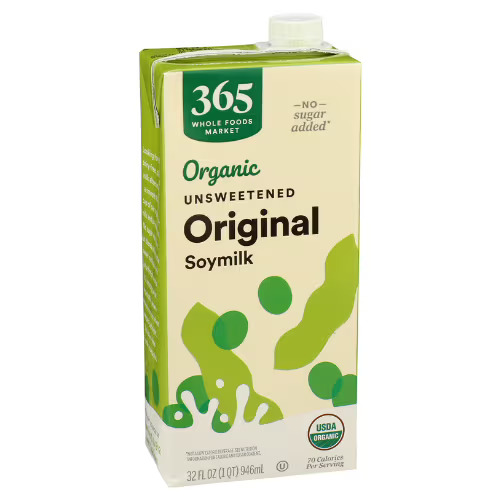
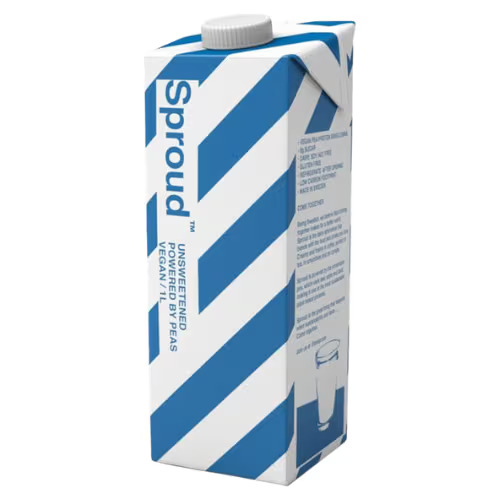
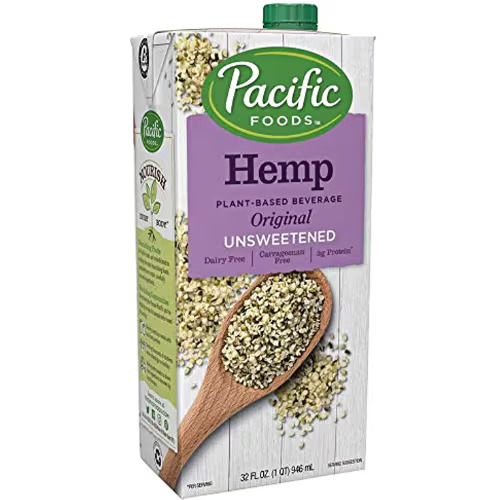
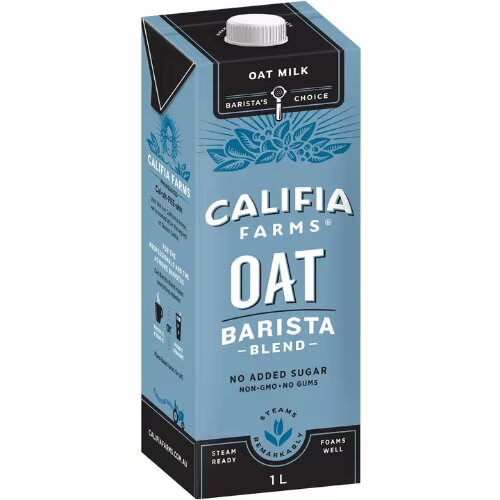
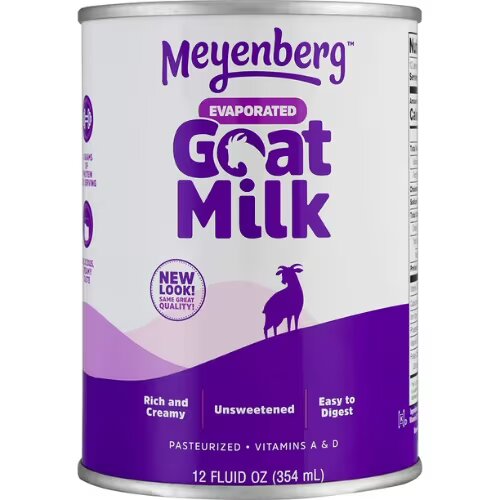
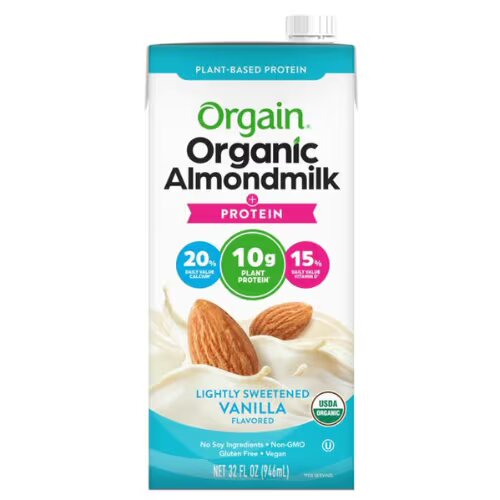
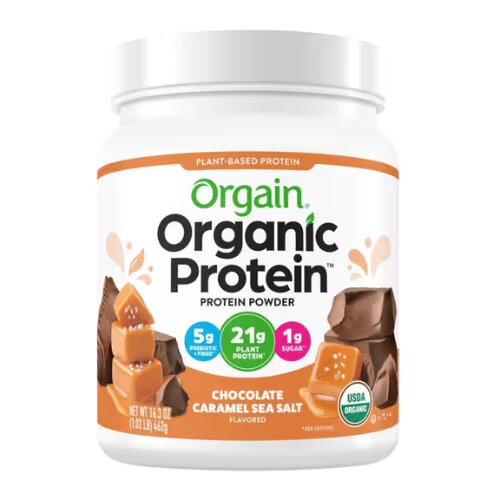
Still have questions after reading our article? Unlock your full potential by engaging with our experts and community! Don’t hesitate — leave a comment below and David Sasha Schulz will provide a personalized answer and insights to help you reach your goals.